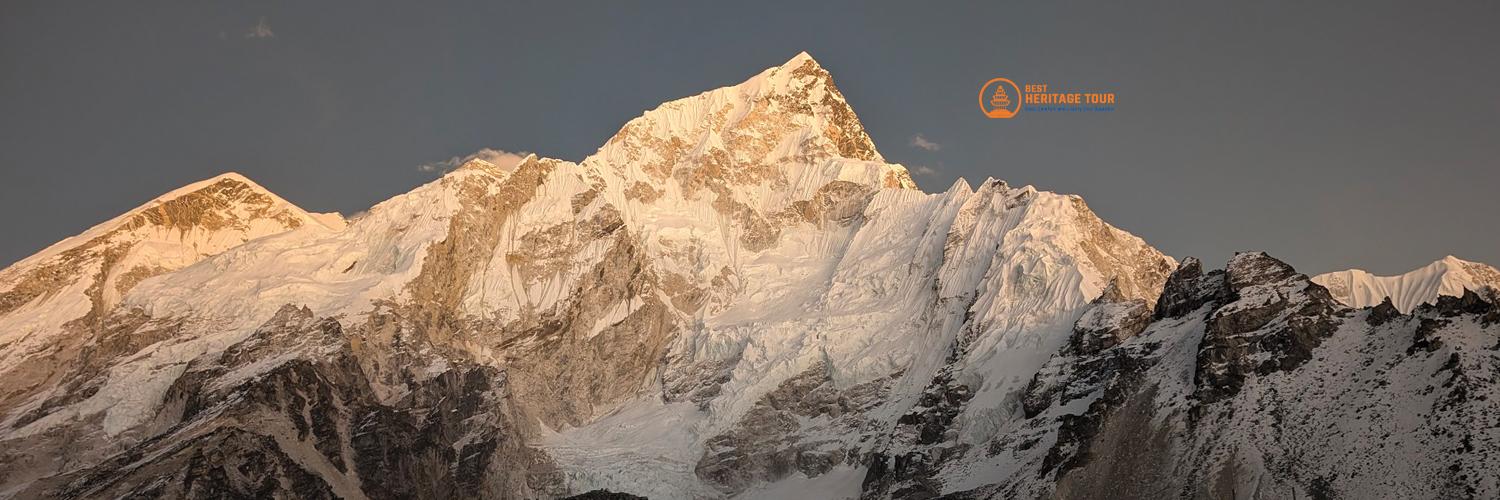Preparing for the Everest Base Camp trek requires careful planning and physical conditioning. Here are some essential steps to help you get ready for this incredible adventure:
Physical Fitness
Cardiovascular Training: - Engage in aerobic exercises like running, cycling, or swimming to build stamina. Aim for at least 30 minutes of cardio, 4-5 times a week.
Strength Training: - Focus on leg strength with exercises like squats, lunges, and step-ups. Core strength is also important for stability.
Hiking Practice: - Go on regular hikes with a weighted backpack to simulate the conditions you'll face. Gradually increase the distance and elevation.
Altitude Acclimatization: - If possible, hike at higher altitudes to help your body adjust to lower oxygen levels.
Gear and Equipment
Footwear: - Invest in a good pair of hiking boots that are well-fitted and broken in. Consider waterproof options.
Clothing: - Layering is key. Bring moisture-wicking base layers, insulating mid-layers, and a waterproof outer layer. Don't forget a warm hat, gloves, and a buff or scarf.
Backpack: - Choose a comfortable, durable backpack with enough capacity (30-50 liters) for your gear.
Sleeping Gear: - A good sleeping bag rated for cold temperatures and a sleeping pad for insulation.
Trekking Poles: - These can help with balance and reduce strain on your knees during descents.
Mental Preparation
Research: - Learn about the trek, the terrain, and the culture of the region. Understanding what to expect can reduce anxiety.
Mindfulness and Resilience: - Practice techniques like meditation or yoga to improve your mental strength and resilience.
Health Considerations
Consult a Doctor: - Get a health check-up and discuss any concerns regarding altitude sickness. Consider medications like Diamox if recommended.
Vaccinations: - Ensure you are up-to-date on routine vaccinations and consider vaccinations for diseases like Hepatitis A, Typhoid, and others as recommended.
Logistics and Planning
Permits: - Ensure you have the necessary permits for trekking in the Everest region, such as the Sagarmatha National Park permit.
Travel Arrangements: - Plan your flights to Nepal, accommodations in Kathmandu, and transportation to the trek starting point (Lukla).
Trekking Company: - Consider booking with a Best Heritage Tour for guidance, support, and safety.
Nutrition and Hydration
Diet: - Maintain a balanced diet rich in carbohydrates, proteins, and healthy fats during your training. This will help build your endurance.
Hydration: - Practice staying hydrated during your training hikes and understand the importance of drinking water at high altitudes.
Packing List
- Create a packing list that includes essential items such as:
- Trekking boots
- Warm clothing
- Sleeping bag
- First aid kit
- Water purification tablets
- Snacks (energy bars, nuts)
- Sunscreen and lip balm
- Headlamp or flashlight
Acclimatization During the Trek
- Plan for rest days in your itinerary to allow your body to acclimatize properly.
- Listen to your body and be prepared to descend if you experience severe altitude sickness symptoms.
Enjoy the Journey
- Keep a positive mindset and enjoy the breathtaking scenery and cultural experiences along the way.
By following these steps, you can prepare effectively for the Everest Base Camp trek and increase your chances of having a safe and enjoyable experience. Happy trekking! Join us for your best trekking experience.
Author: bestheritagetour.com
Date: 30th October, 2024

